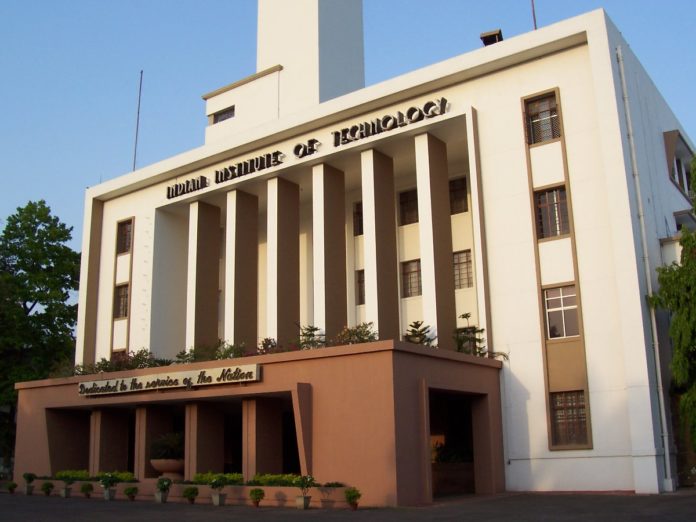Rainfall Changes in North-Eastern States of India is Attributed to Anthropogenic Influence, Discovers IIT Kharagpur Researchers
By PIB Kolkata, 19 April 2021
In a recent study, researchers from IIT Kharagpur have observed a significant change in the rainfall in the northeast in general and specifically at the wettest place on Earth, Cherrapunji-Mawsynram. The researchers observed the rainfall changes in the past century (1901–2019) over the wettest place on the Earth and unveiled the first evidence for the signals of climate change and anthropogenic influence on rainfall changes in the region.
The analysis of 119 years of rainfall data at 17 stations in Northeast India revealed that most of the stations show negative trends in rainfall, the highest in the summer monsoon and the smallest in the winter. A clear shift in the rainfall pattern is observed in the mid-1970s. This abrupt shift in the rainfall has been attributed to the climate shift that occurred in the Pacific Ocean.
The large variability and rapid warming associated with the climate change in the equatorial Indian Ocean and associated atmospheric circulation patterns and the changes in land use/land cover are the main reasons for the inter-annual variability and negative trends in the rainfall in the northeast region, particularly at Cherrapunji and Shillong.
The seasonal rainfall cycles at such locations are also found to be changed one month ahead as compared to that before 1973. The spatial shift in the rainfall from Cherrapunji to Mawsynram in the early 1980s can also be viewed as a part of the above-mentioned temporal change and the westward movement of rainfall there.
The expansion of western subtropical Pacific high is another reason for this rainfall pattern change.
According to researcher Dr J Kuttippurath, Assistant Professor, Centre for Oceans, Rivers, Atmosphere and Land Sciences (CORAL), “The analyses uncover signals of regional climate change in India. Since the changes in the rainfall amount would affect drinking water, irrigation, agriculture, energy production and the economy of our country, this study cautions us about the impact of imminent climate change in our country.”
It is to be mentioned that the Northeast India houses about 64% forest, 30% under the Brahmaputra valley and the rest has steep slopes, hills and mountains. The region has the highest vegetation cover in India and is one of the 18 biodiversity hotspots of the world; indicating the importance of the region in terms of its greenery and climate change sensitivity. Agriculture and allied activities form the backbone of the economy in the region, where more than 60% of the crop area is under rain-fed agriculture.
In the words of Prof. Madan Kumar Jha, Professor, Dept. of Agricultural and Food Engineering, “The northeast region is well known as the wettest region of the world because it receives nearly 2000 mm of rainfall annually, which is about three times higher than the mean annual rainfall of India. Besides, the population of this region mainly depends on agriculture and horticulture, which is fed by the seasonal rainfall and therefore, any change in the rainfall would alter the economy and affect the well-being of the society”.
In such a situation, the rainfall-shift which is the resultant of rapid warming associated with the climate change in the equatorial Indian Ocean and associated atmospheric circulation patterns and the changes in land use/land cover have increased the anguish of our scientists, which they guess may change the entire economy of the country. In this situation, the study by the researchers of IIT Kharagpur will make us cautious about the impact of climate change and make us aware of the necessity of saving our forests and the vegetation cover so as to save our economy.




















